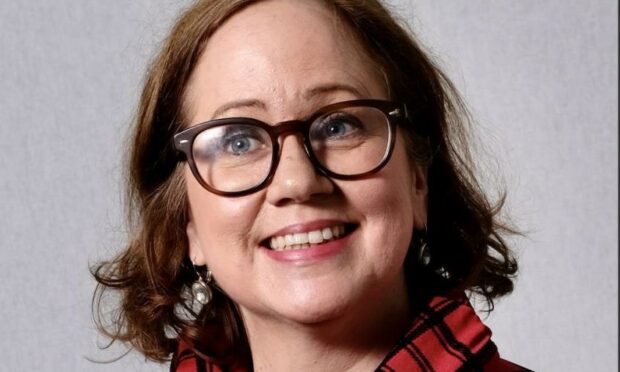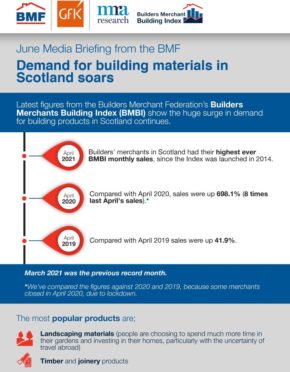Our joiner came by recently and the news wasn’t good.
There were a few complications affecting when he could come by to renovate the bathroom but that was not the problem.
The real worry was the rising cost of building materials.
Sucking his teeth, he described a recent trip to the builders’ merchant where he found that the cost of a mere handful of joinery had skyrocketed to over £50, let alone the price of drywall which seems to have tripled.
A few days later I spoke to a few farmers who were worried about harvesting their crops and managing the livestock. Now that we are away from the European Union, plus the complications of travel in a global pandemic, the usual workers have been finding it difficult to get here. Instead, the farmers have been trying to recruit locals. It has not worked out particularly well, with hundreds not even bothering to show up and many of those that did haven’t stuck around.
Part of this is down to the furlough scheme. There are signs that many workers are asking themselves why they should sign up for hard work outside facing the elements of an Aberdeenshire summer if they don’t have to. Factors also include the part opening up of hospitality – demand for chefs, bartenders, waiters has gone through the roof across the whole of the UK, sucking up any availability among workers.
Shortages of materials and labour
The problem for both the joiner and the farmer is shortage – of either materials or labour. And anyone who is familiar the first principle of economics – supply and demand – can make a reasonable guess that where demand outstrips supply, prices go up.
This is causing concern for policy makers. Or at least some of them. This week the Bank of England said inflation will rise over 3% this year, which is higher than expected. Consumer price inflation jumped to 2.1% in May and is rising. The bank’s target, set by the UK government, is 2%.
The uptick is being driven by the sheer weight of demand – unleashed from lockdown with wads of cash saved up, consumers are on a mission to spend, spend, spend.
However, this spend leads to shortage as well as rising prices and wages. This week the bank’s Monetary Policy Committee refrained from making any changes such as notching up the historically low interest rate nor did they shut the taps on the flood of economic stimulus that has propped up the UK economy since the dark days of the banking crisis over a decade ago.
Inflation risk dismissed?
Essentially policy makers have dismissed the rise in inflation as a blip which will subside. The risk of spiraling inflation like that which hit the UK in the 1970s is minimal, they believe.
Let’s hope they are right. The worry is pandemic and the wholly unprecedented intervention of the UK government to stave of economic collapse will likely play havoc with forecasts. And while economists are revered for their insight and ability to grasp complex modelling, history has shown they are seldom proved right.
Prices for materials in my bathroom are “skyrocketing”
But back to my bathroom. Recent figures out this week prove my joiner is right to be astounded. The Builders’ Merchant Federation reported a huge surge in demand for materials in Scotland in April – eight times higher than that in the same month last year. As a result, prices for materials are “skyrocketing”, prompting the Federation of Master Builders to call for calm to ensure smaller companies don’t get elbowed aside by larger ones with bigger buying power.
I havent’ got the final bill yet but I’ll be afraid to look.

